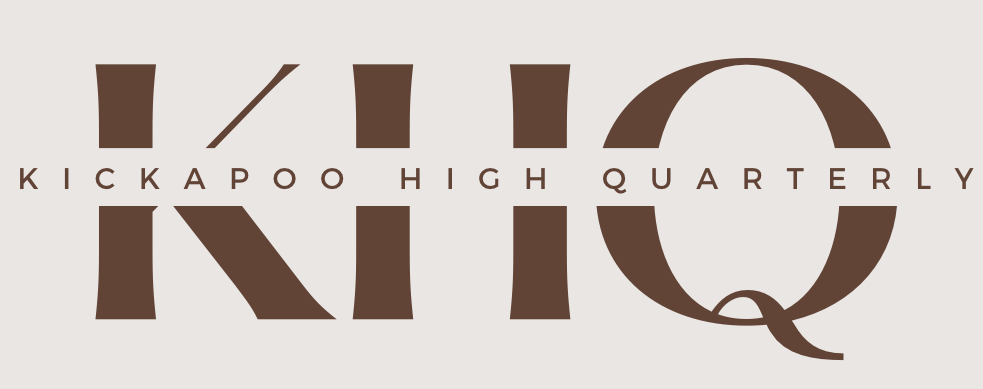President Biden has Pardoned thousands convicted of Federal Simple Possession of Weed
President Biden has granted pardons to thousands of people convicted of the federal simple possession crime. Photo Credit: Wikimedia Commons
Amid waves of people across the United States pressing for the legalization of weed; President Joe Biden ordered a sweeping general pardon of those individuals which is set to impact nearly 6,500 or more people currently incarcerated for those offenses. This comes in response to the grave outcrys relating to hefty sentences handed down to those convicted of the federal simple possession crime, a charge which charges and offender under the clause of drugs possession and allows for them to be sentenced with up to a year and a minimum fine of $1,000.
Despite the thousands of people this set of pardons will reach, not everyone will be able to reap the benefits as the pardon does not extend below the federal level.
“Most people convicted of marijuana possession face state charges, not federal ones, and Biden’s pardons don’t help them,” per Politico.
The President’s pardon power only stretches to federal criminal cases. Those currently incarcerated for state convictions are at the mercy of the governors of their respective states.
Since his order however, President Biden has encouraged state officials to follow a similar course.
“Just as no one should be in a federal prison solely due to the possession of marijuana, no one should be in a local jail or state prison for that reason, either,” President Biden said following his announcement of the pardons.
However, whether any governors will follow suit is still up for debate, as none have indicated the plan on following the course of action demonstrated by the Biden administration.
It is also important to note that this pardon does not get rid of the charge of Simple Marijuana Possession on the Federal Level. In other words, the proclamation will not apply to any person/s who commit this offense after October 6, 2022 – the date the pardon was issued.
The pardons an eagerly anticipated win for advocates across the country who had been arguing for this over the past couple of years. This also comes during a time in which many are pressing for the “rescheduling” of marijuana. A drug’s “schedule” is based on the substance’s potential for abuse, medicinal use, and legal status. This affects the level at which those in possession and/or those found guilty of distribution are prosecuted. Currently, marijuana is listed as a Schedule 1 Substance, which are “…substances, or chemicals are defined as drugs with no currently accepted medical use and a high potential for abuse,” according to the Drug Enforcement Administration (DEA).
According to the American Civil Liberties Union (ACLU), between the years 2010-2018 there were more than 6 million arrests for marijuana possession.
Supporters of the legalization of recreational marijuana use, not President Biden’s sweeping pardon, as a major step in the right direction, and opens the door for more reform in the years to come. The question remains as to whether or not state governments will take an initiative which mirrors that of President Biden’s.







